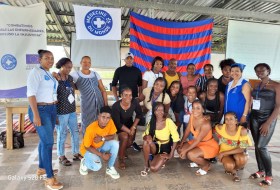News
So we transform lives too: Unicauca promotes the training of Community Health Agents on the Colombian Pacific Coast.
35 Community Health Agents from rural areas of Buenaventura (Valle del Cauca) and Beté, located an hour from Quibdó in the department of Chocó, were certified as a result of a process made possible through an agreement between the University of Cauca, the San Raffaele Hospital Ship, and Doctors Without Borders.
The Diploma program, designed to train Community Health Agents from the Pacific Coast, took place from August 1st to April 30th, 2023, in the urban centers of Buenaventura and Beté. This process involved participants from various rural communities and included an intensive theoretical component alongside practical training conducted by healthcare teams from the institutions involved in the agreement.
Thus, in this first phase, community agents from this area were certified, and there are plans to soon continue with a second phase benefiting Tumaco (Nariño) and El Charco (Putumayo) through a training process to be held in Leticia. "The work being done by the University of Cauca has an impact not only locally but also regionally and nationally, supporting these communities from extremely remote areas with very limited access to healthcare services. For example, in Beté, there isn't even a public hospital, only a health center operating with one doctor and one nurse," stated Professor Elisa Jojoa from the Faculty of Health Sciences, who is also one of the trainers in the diploma program.
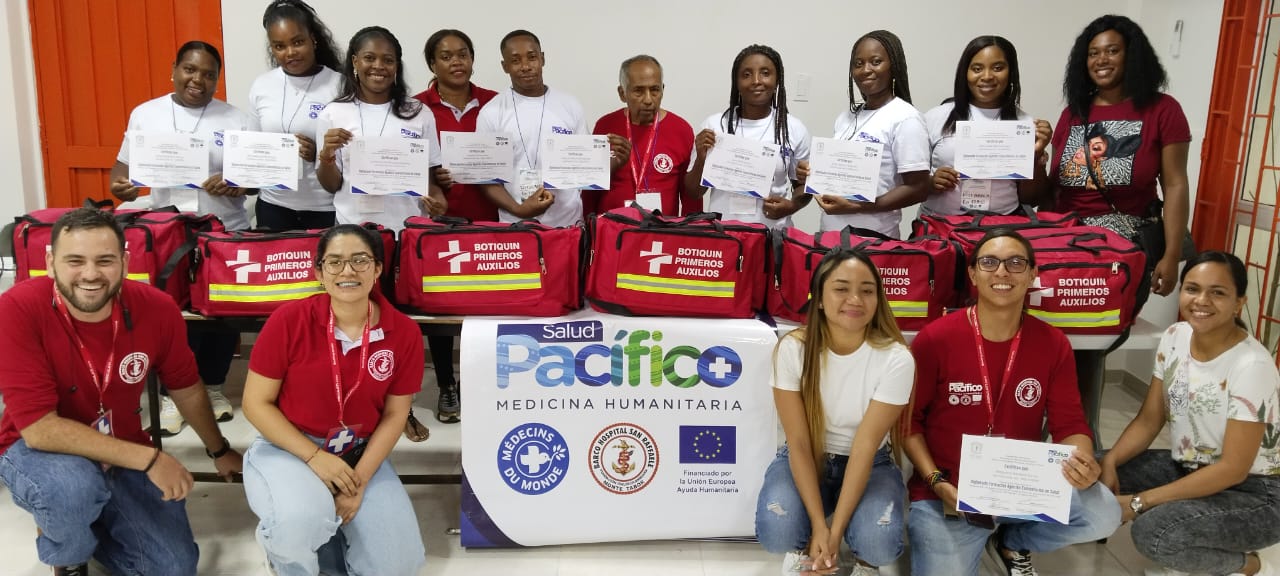
Provided photo
It is important to mention that community agents are members of the communities they serve, as they understand their worldviews, beliefs, needs, traditional medicines, among other aspects. This allows them to establish an empathetic and deeper connection with the beneficiaries. Therefore, this training takes into account the cultural diversity of the region, its practices, beliefs, and ancestral knowledge, which are integral to the daily lives of these communities. This approach helps bridge ancestral knowledge with modern health practices, promoting an inclusive and respectful health approach.
For Professor Elisa Jojoa, one of the most significant experiences was when a participant contacted her for advice regarding a five-month-old baby with a fever. "We could call it a consultation because we continue to provide support to these Community Health Agents," she explained. "I recommended the appropriate dosage of medication for the baby's age and asked about plants that could help reduce the fever. I instructed her on how to use them, combining modern medicine with traditional knowledge to help lower the baby's fever," added the professor, who is also a traditional midwife.

Provided photo
Students and faculty members from the Medicine, Nursing, and Specialties programs who participate in missions firsthand confront the harsh reality of the country's most remote regions. This experience not only contributes to their professional development but also enhances their personal growth by fostering teamwork and coexistence. Additionally, it instills in them a social sensitivity and a love for their profession that is difficult to acquire in other learning environments under the guidance of teachers.
Así, Professor Elisa highlighted the work of individuals like Alejandro Medina, a Unicauca Nursing graduate, who has been highly praised by students and both organizations for his excellent performance, commitment, vocation, and ability to share his knowledge with communities.
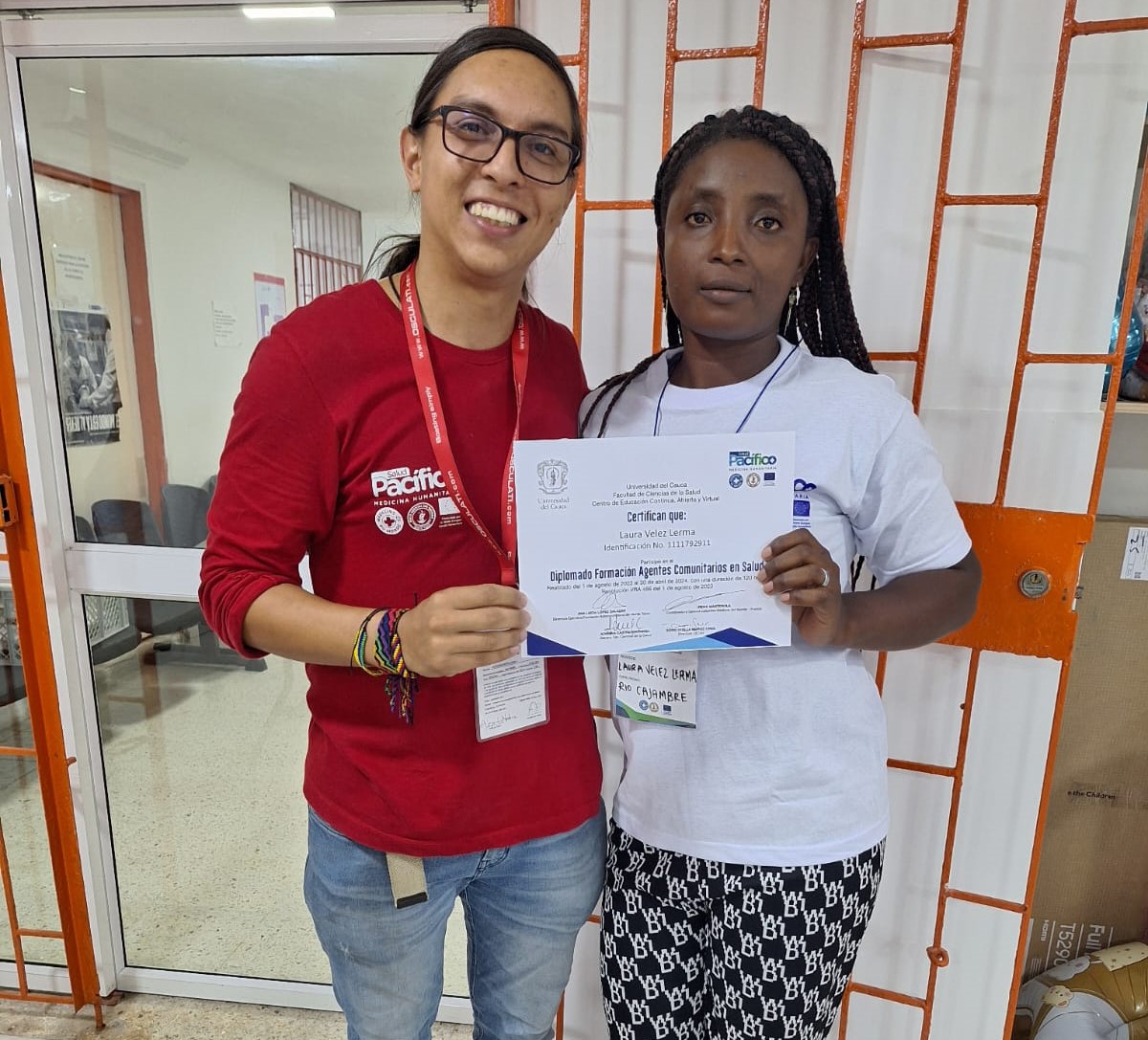
Provided photo
About de agreement
The Italocolombian Foundation Monte Tabor established cooperation agreements with the Faculty of Health Sciences at the University of Cauca in 2006, and since then has actively participated in numerous medical missions aboard the San Raffael Hospital Ship with undergraduate and postgraduate medical surgical students and faculty. In recognition of this support, collaboration, and management in medical-surgical missions in the most vulnerable populations of the Pacific Coast, the San Raffaele Hospital Ship of the Monte Tabor Foundation presented an award to the University of Cauca in February 2020.
RELATED NOTE
Hospital Ship San Raffaele acknowledges the work of Unicauca in the healthcare sector.
Since the beginning of medical missions at San Raffaele, the Faculty of Health Sciences has been involved in the project, providing scientific advice and developing protocols for managing prevalent diseases in adults and children in that geographical area. This involvement includes the participation of students and faculty members, fulfilling the university's principles of teaching, research, and social outreach in remote regions, not only in Cauca but throughout the Pacific Coast.
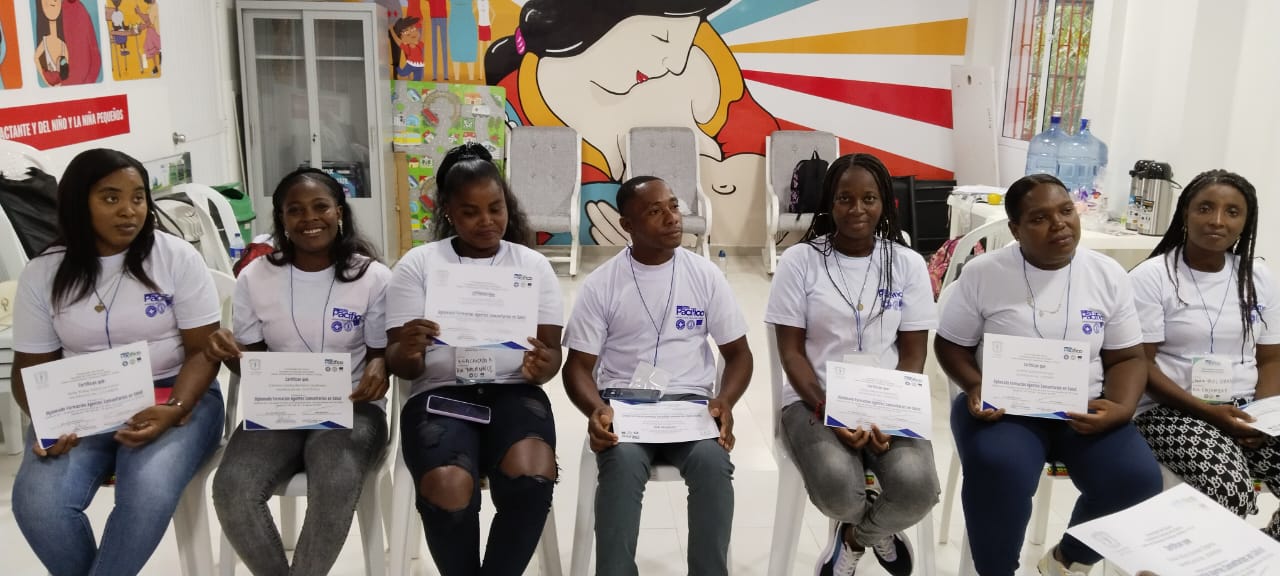
Provided photo
"We are making an impact in the most vulnerable communities, not only in Suárez, Cauca, but also reaching other regions such as Valle, Chocó, and Putumayo, proudly representing the University of Cauca," concluded the faculty member.
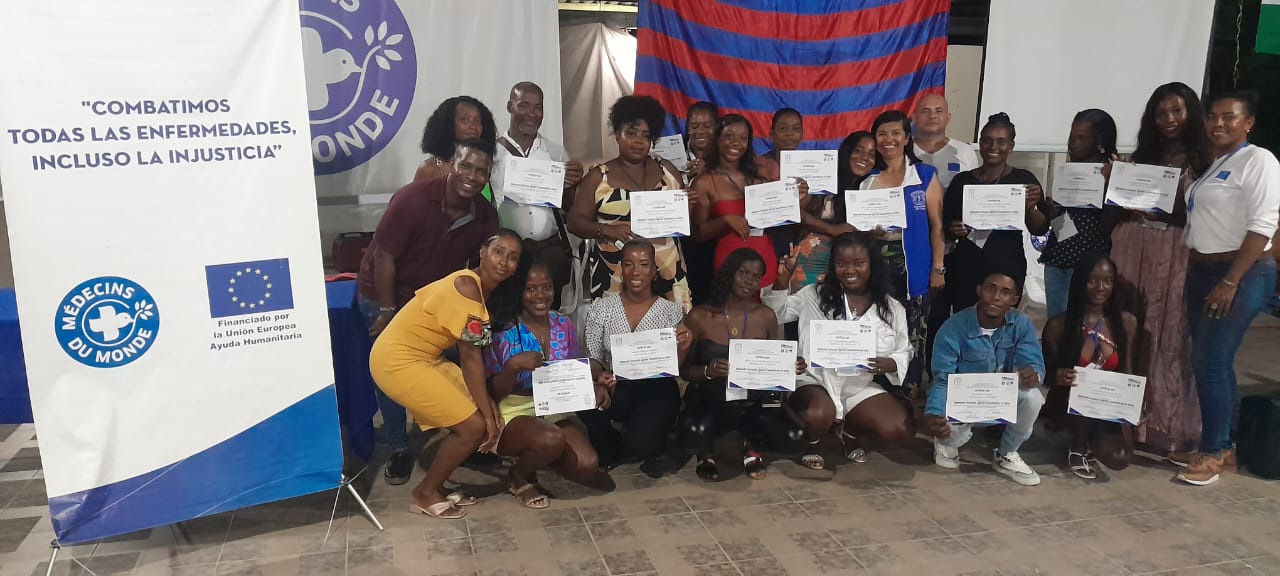
Therefore, from this University of Excellence and Solidarity, we celebrate the interinstitutional efforts that allow us to contribute not only to the development of the region but also to the care and well-being of our communities. We are a university committed to our environment through solidarity, a principle that extends beyond collaboration and mutual support, compelling us to reconsider our place in the world by putting ourselves in others' shoes.
For more information:
Health Sciences Faculty
Email: fsalud@unicauca.edu.co


